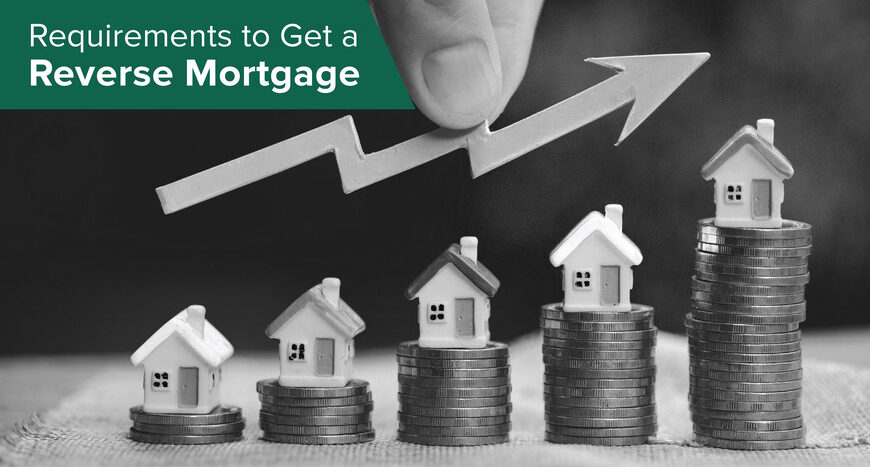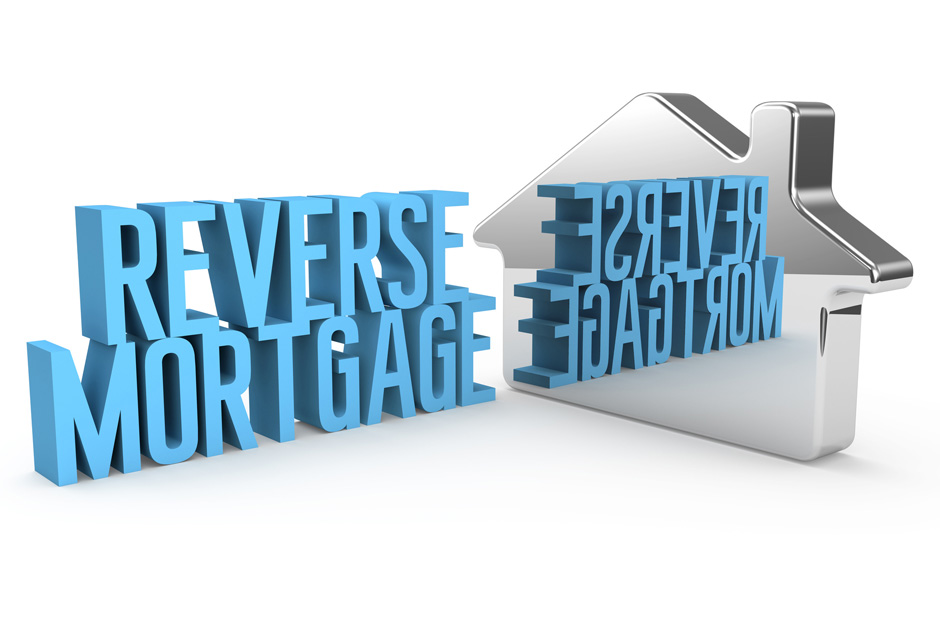Empower Your Retirement: The Smart Method to Acquisition a Reverse Mortgage
As retirement methods, lots of individuals seek reliable techniques to enhance their economic freedom and well-being. Among these strategies, a reverse mortgage emerges as a sensible option for homeowners aged 62 and older, allowing them to touch into their home equity without the need of month-to-month settlements.
Recognizing Reverse Home Mortgages
Understanding reverse home mortgages can be critical for home owners seeking economic flexibility in retirement. A reverse mortgage is an economic product that allows qualified homeowners, usually aged 62 and older, to transform a part of their home equity into cash money. Unlike standard home mortgages, where customers make monthly payments to a lending institution, reverse home loans make it possible for homeowners to receive repayments or a round figure while retaining ownership of their home.
The quantity offered via a reverse mortgage depends upon several variables, including the property owner's age, the home's value, and present rates of interest. Importantly, the car loan does not need to be settled until the house owner markets the home, relocates out, or passes away.
It is important for potential borrowers to understand the ramifications of this financial product, consisting of the influence on estate inheritance, tax obligation factors to consider, and ongoing duties connected to property upkeep, tax obligations, and insurance coverage. Furthermore, counseling sessions with licensed professionals are frequently required to ensure that customers totally comprehend the terms and problems of the finance. Generally, a detailed understanding of reverse home mortgages can equip homeowners to make informed choices regarding their financial future in retirement.
Advantages of a Reverse Home Loan
A reverse home loan uses a number of engaging benefits for eligible property owners, especially those in retirement. This monetary tool permits seniors to transform a part of their home equity into money, providing vital funds without the demand for regular monthly home mortgage payments. The money obtained can be made use of for numerous objectives, such as covering medical expenses, making home renovations, or supplementing retirement earnings, therefore boosting overall monetary adaptability.
One substantial advantage of a reverse mortgage is that it does not need repayment till the property owner vacates, sells the home, or dies - purchase reverse mortgage. This function enables retirees to keep their way of living and meet unanticipated expenses without the problem of regular monthly settlements. Furthermore, the funds obtained are commonly tax-free, permitting property owners to use their cash money without fear of tax obligation implications
In addition, a reverse home loan can give tranquility of mind, understanding that it can serve as an economic safety internet throughout challenging times. Home owners additionally keep possession of their homes, ensuring they can continue staying in a familiar atmosphere. Ultimately, a reverse home mortgage can be a calculated monetary resource, equipping retired people to manage their funds efficiently while enjoying their golden years.
The Application Process
Browsing the application process for a reverse mortgage is an important action for homeowners considering this financial alternative. The initial phase involves evaluating qualification, which generally calls for the homeowner to be at the very least 62 years old, own the property outright or have a reduced mortgage equilibrium, and occupy the home as their primary residence.
As soon as qualification is verified, home owners should undertake a counseling session with a HUD-approved therapist. This session makes certain that they fully comprehend the implications of a reverse home loan, consisting of the responsibilities entailed. purchase reverse mortgage. After finishing counseling, applicants can proceed to collect needed documents, including proof of earnings, properties, and the home's worth
The following step entails submitting an application to a lending institution, that will certainly assess the financial and building qualifications. An evaluation of the home will certainly also be conducted to determine its market price. If authorized, the loan provider will certainly offer finance terms, which ought to be examined carefully.
Upon acceptance, the closing process complies with, where last records are signed, and funds are paid out. Recognizing each phase of this application process can considerably enhance the homeowner's confidence and decision-making pertaining to reverse mortgages.

Trick Considerations Before Buying
Investing in a reverse home mortgage is a substantial economic choice that calls for careful factor to consider of several key aspects. Recognizing your qualification is important. House owners have to be at least 62 years old, and the home should be their primary home. Evaluating your financial needs and objectives is similarly crucial; determine whether a reverse mortgage aligns with your lasting strategies.

Additionally, analyze the impact on your current lifestyle. A reverse home mortgage can influence your eligibility for sure federal government benefits, such as Medicaid. Look for professional guidance. Consulting with an economic consultant or a housing therapist can supply beneficial insights customized to your private scenarios. By extensively examining these factors to consider, you can make a more enlightened decision concerning whether a reverse mortgage is the ideal financial technique for your retirement.
Maximizing Your Funds
When you have actually protected a reverse mortgage, effectively handling the funds ends up being a concern. The flexibility of a reverse home mortgage allows home owners to make use of the funds in different means, however critical planning is necessary to optimize their benefits.
One vital strategy is to develop a budget plan that details your economic objectives and monthly expenditures. By determining required expenses such as healthcare, home taxes, and home upkeep, you can assign funds appropriately to make certain long-lasting sustainability. Additionally, consider making use you can try this out of a part of the funds for financial investments that can create revenue or value with time, such as shared funds or dividend-paying supplies.
One more vital aspect is to keep an emergency situation fund. Alloting a reserve from your reverse home mortgage can aid cover unforeseen expenses, providing satisfaction and monetary stability. Seek advice from with a financial expert to explore feasible tax obligation implications and exactly how to incorporate reverse mortgage funds into your overall retirement method.
Inevitably, sensible administration of reverse home loan funds can boost your economic safety, allowing you to enjoy your retirement years without the stress of economic unpredictability. Cautious planning and educated decision-making will certainly guarantee that your funds function properly for you.
Conclusion
In verdict, a reverse mortgage presents a sensible monetary method for seniors seeking to enhance their retired life experience. By transforming home equity right into available funds, individuals can address important expenses and safe additional economic resources without incurring regular monthly repayments.
Understanding reverse home mortgages can be essential for homeowners seeking economic adaptability in retirement. A reverse home mortgage imp source is an economic item that enables eligible home owners, usually aged 62 and older, to convert a portion of their home equity right into money. Unlike standard mortgages, where debtors make monthly repayments to a lending institution, reverse home mortgages make it possible for homeowners to obtain settlements or a lump amount while retaining possession of their residential property.
Overall, a complete understanding of reverse mortgages can empower home owners to make hop over to here enlightened decisions regarding their monetary future in retirement.
Seek advice from with a monetary consultant to explore feasible tax effects and how to incorporate reverse home loan funds into your overall retirement strategy.